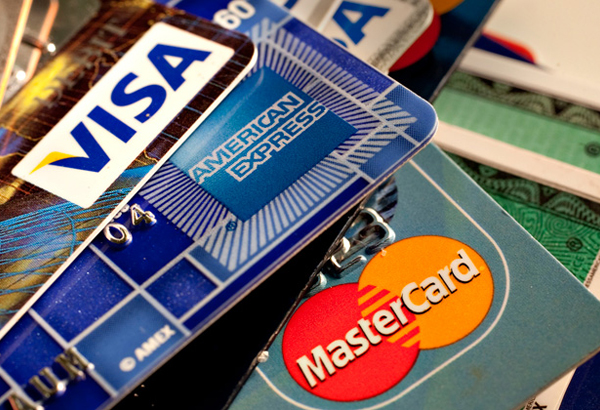LOS ANGELES – Four men were arrested Thursday on federal charges related to alleged schemes involving the use of “skimming devices” to steal credit card data and using that data to manufacture and sell fraudulent credit cards, officials said.
The four were arrested after federal indictments were returned late last month.
The two schemes involve stolen information from more than 10,000 accounts and more than $2 million in losses. Two federal indictments charge a total of five defendants.
Among those arrested this morning are three named in a 13-count indictment:
- Armen Bislamian, 32, of Van Nuys;
- Khachatur Bislamyan, 31, of Pasadena; and
- Sisak Saribekyan, 28, of West Covina.
The second indictment, which alleges four counts, names:
- Karlen Khatchatryan, 30, of Sherman Oaks, who self-surrendered this morning; and
- Hartunyun Grigoryan, 34, of North Hollywood, who has agreed to surrender to authorities tomorrow.
Both indictments allege conspiracies to commit bank fraud, possession of counterfeit and unauthorized access devices, illegal possession of device-making equipment, and aggravated identity theft.
According to the indictment, Bislamian manufactured and obtained “skimming devices” designed to intercept data from credit and debit cards that were swiped by unsuspecting customers at point-of-sale terminals.
Law enforcement authorities said they found the skimming devices installed at gas pumps in Irvine, Encinitas and San Diego.
The indictment further alleges that Bislamian and Bislamyan stored stolen account information at their homes and at a facility dedicated to manufacturing fraudulent credit cards.
The bogus cards were made through a process called “re-encoding” – in which stolen account information is placed on the magnetic strip on the back of a plastic card. As alleged in the indictment, Bislamyan and Saribekyan sold and used fraudulent cards re-encoded with stolen account information.
The second indictment alleges that Khatchatryan and Grigoryan operated a re-encoding facility in Los Angeles where they used stolen account information to make fraudulent credit cards. Law enforcement found this re-encoding facility at a liquor distributor in Los Angeles.
Defendants are presumed innocent until proven guilty.

